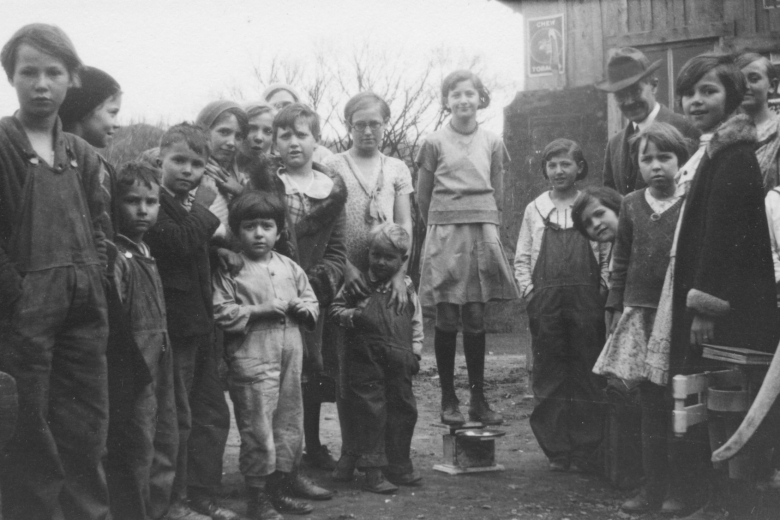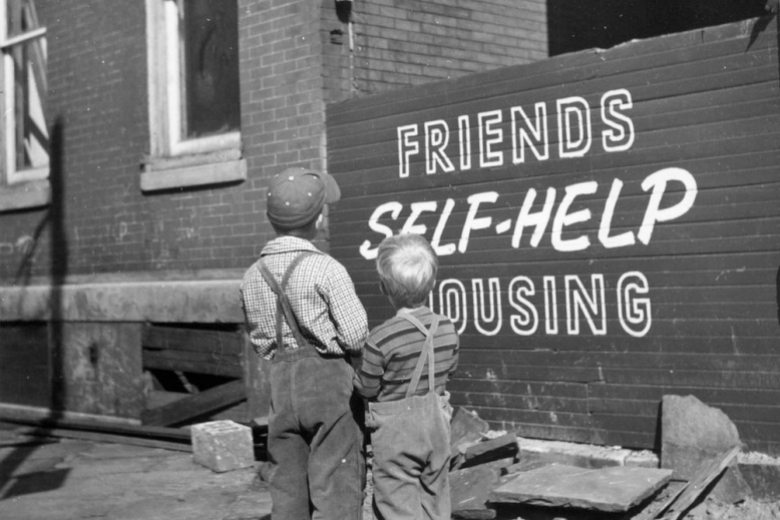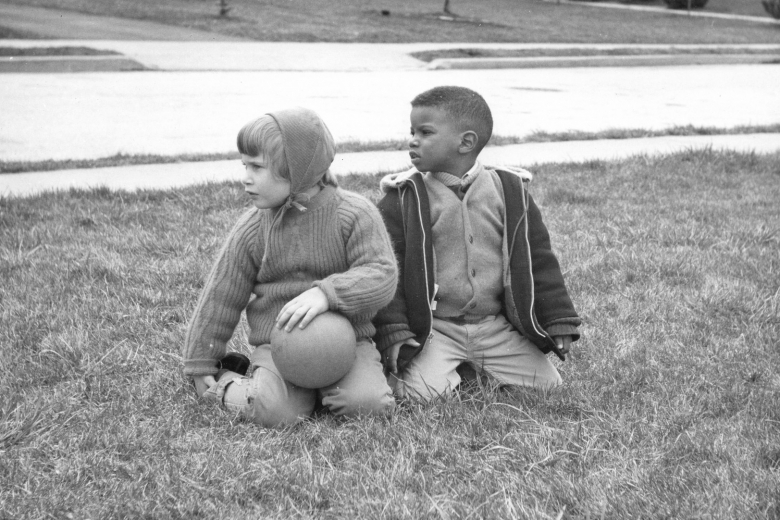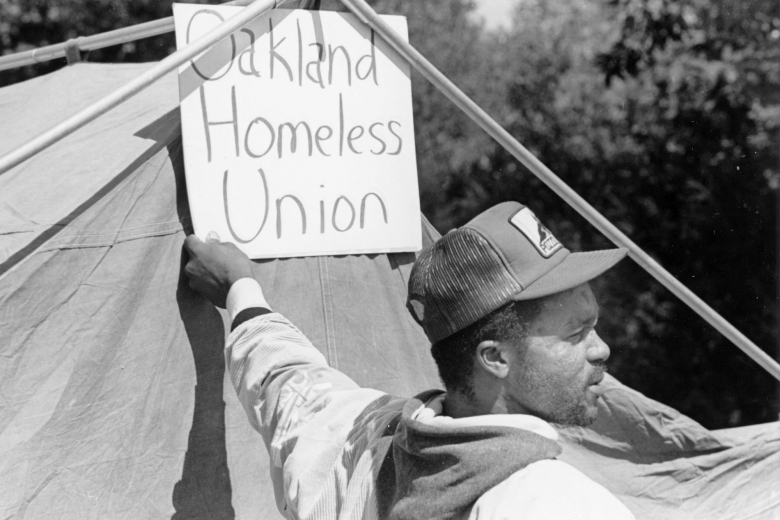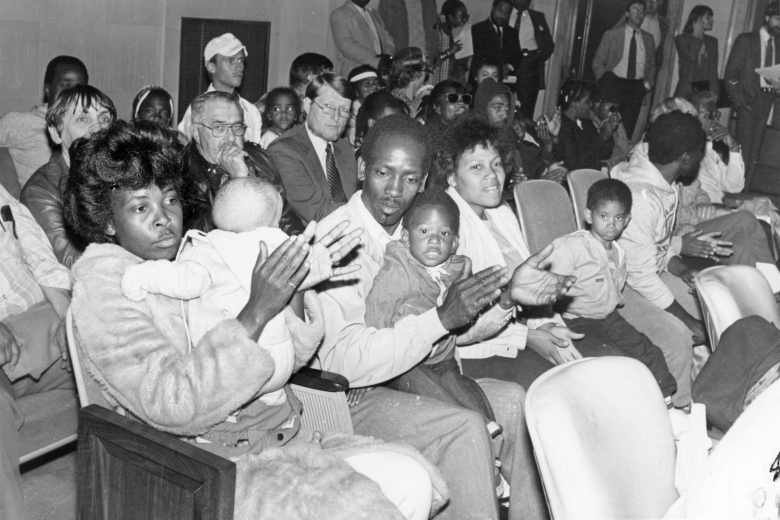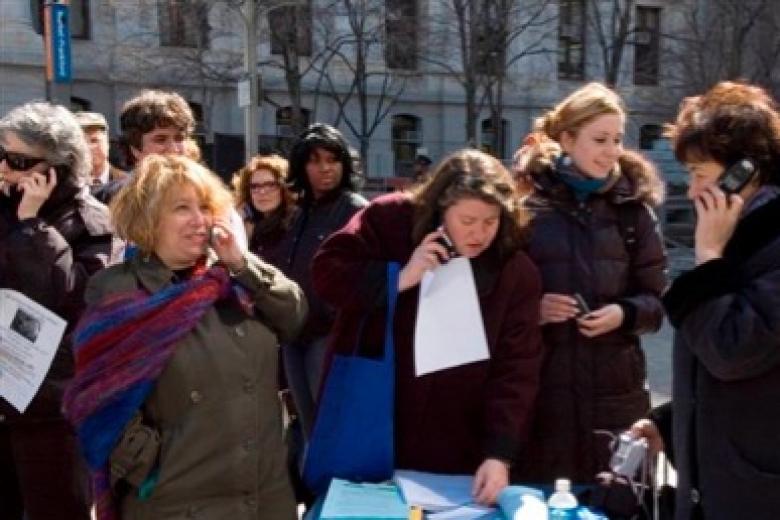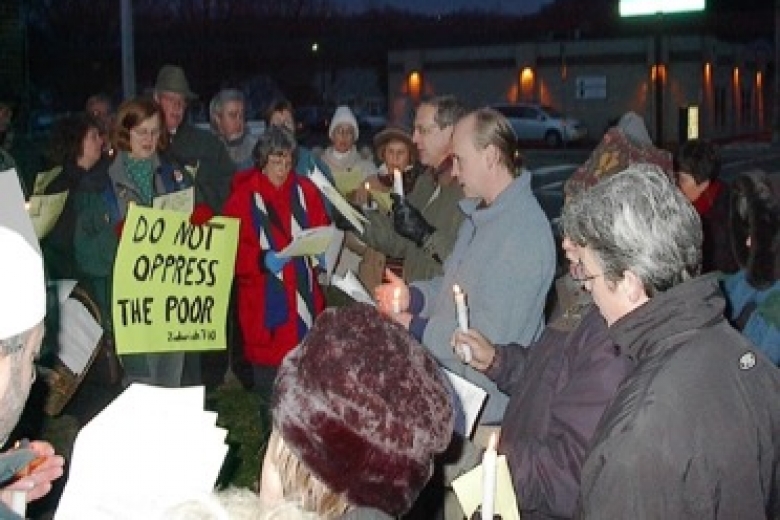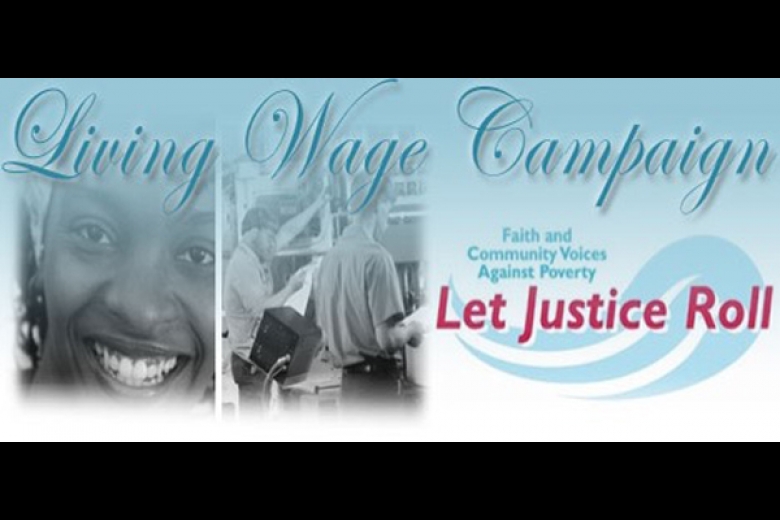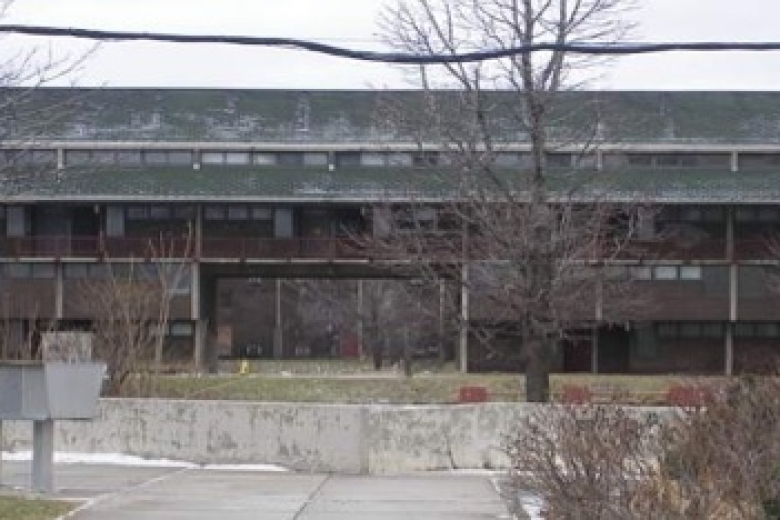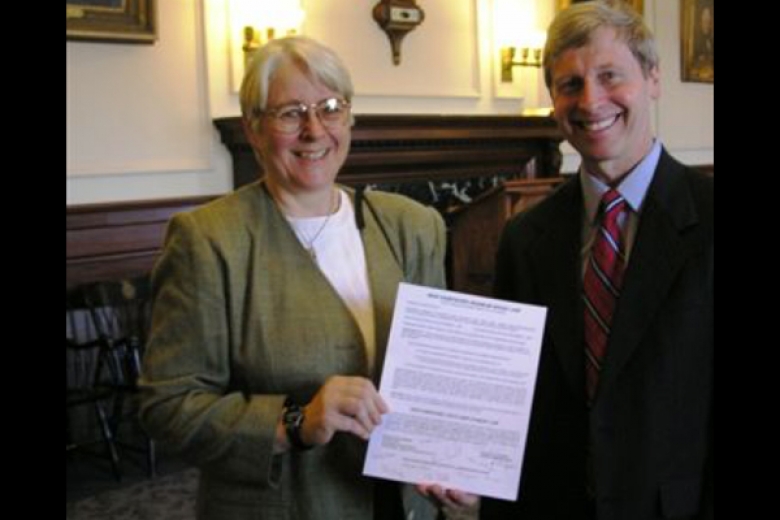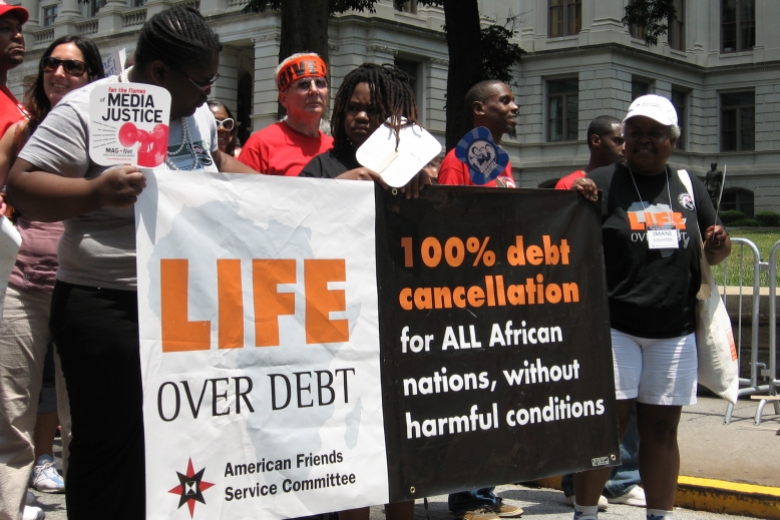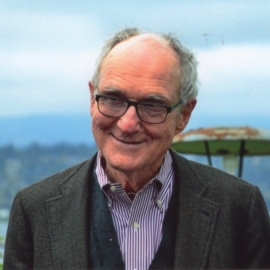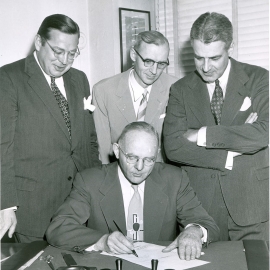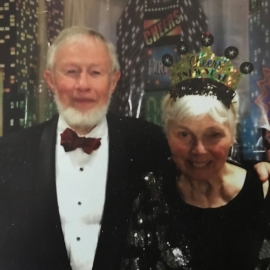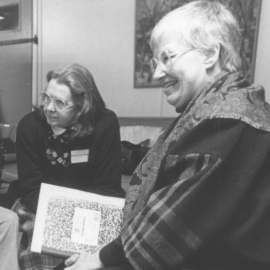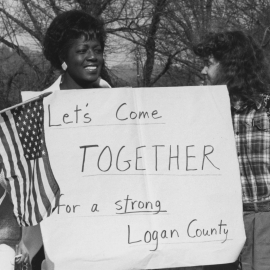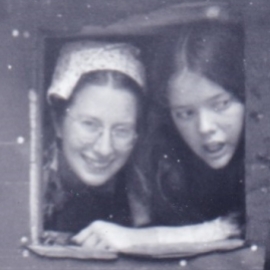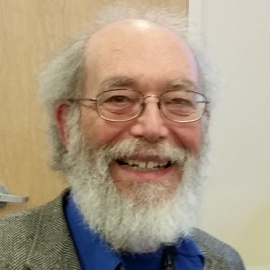In the 1920s, AFSC established a feeding program for coal miners and their families across parts of West Virginia, Pennsylvania, and Kentucky while seeking long-term solutions to the region’s reliance on coal mining. Need grew in the following years as the Great Depression left thousands of miners unemployed and more families hungry and desperate. While helping them meet their basic needs, AFSC supported miners and their families in taking up other trades—especially furniture making—and helped start the Mountaineer Craftsmen’s Cooperative Association.
Today, AFSC’s West Virginia Economic Justice Project works on issues affecting low-income and working families, and young people from coal-mining communities are a critical part of that advocacy work. AFSC has successfully pushed for changes to increase coal mine safety, expand Medicaid to cover the uninsured, provide childcare subsidies for working families, improve access to school meals, and raise the minimum wage. The program also works to oppose racism and increase youth civic engagement in the state.


